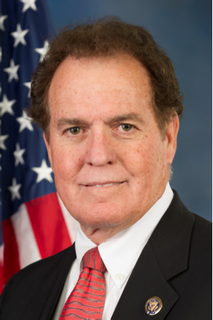A Quote by Ben Shapiro
Vaccinations absolutely work, and have dramatically decreased rates of childhood diseases.
Quote Topics
Related Quotes
If the goal is to dramatically improve college completion rates, not college-going rates by itself but college completion, it's not just a college problem. We need a big focus on early childhood education. Our early childhood education system is pretty good in this country. Not enough students have opportunity. And, very discouragingly, they lose their advantage because they go to poor schools after that. So, let's focus on our babies.
Medicine has changed greatly in the last decades. Widespread vaccinations have practically eradicated many illnesses, at least in western Europe and the United States. The use of chemotherapy, especially the antibiotics, has contributed to an ever decreasing number of fatalities in infectious diseases.
The less control people had over their work, the higher their blood pressure during work hours. Moreover, blood pressure at home was unrelated to the level of job control, indicating that the spike during work hours was specifically caused by lack of choice on the job. People with little control over their work also experienced more back pain, missed more days of work due to illness in general, and had higher rates of mental illness-the human equivalent of stereotypies, resulting in the decreased quality of life common to animals reared in captivity.
States should require vaccinations for communicable diseases, like measles and the mumps. But you can't catch HPV if an infected schoolmate coughs on you or shares your juice box at lunch. Whether or not girls get vaccinated against HPV is a decision for parents and physicians, not state governments.



































